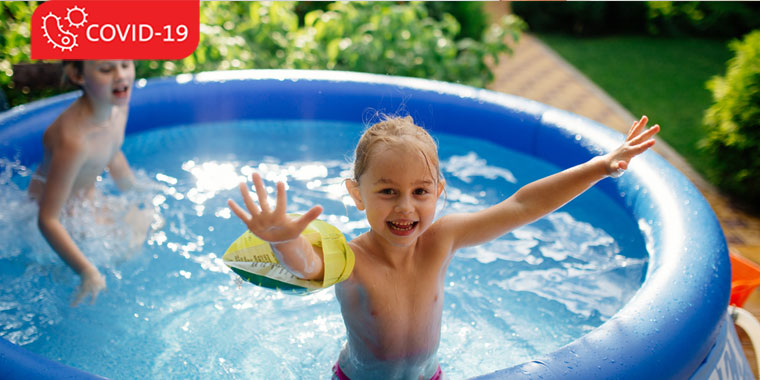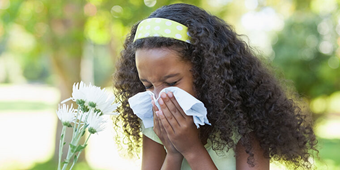How To Reduce Drowning Risk During Pandemic

Answer a few questions and we'll provide you with a list of primary care providers that best fit your needs.
Many public swimming pools have been closed this summer – a side effect of the COVID-19 pandemic. And this has posed another public health concern: an increased potential for drownings in backyard pools and bodies of water not overseen by lifeguards. With hot weather continuing into September, the risk remains real for children.
According to a recent report there had been nine child drownings in Hamilton County, Ohio, as of July 27 – about three times the usual. Health authorities believe the pandemic has a role in this.
Heather Branam, APRN-CNP, FNP-C, a board-certified family nurse practitioner with Premier Health Family Care of Vandalia, told Premier Health Now that she, thankfully, is not aware of an increase in drownings in the Dayton area. “I haven’t even seen an uptick in cases of swimmer’s ear.”
Never Swim Alone Or Let Your Kids Swim Alone
Branam, however, provided us advice to help you lower the drowning risk at home, or when your family is around water away from home.
First, she says, “I think one of the most important safety rules of swimming – whether at home in an in-ground or above-ground pool, or if you’re swimming in a public body of water like a lake or creek – is not to go by yourself. Swimming alone will increase your risk of drowning substantially.”
Make sure you and your kids know the rules of pool and water safety. Especially make certain your children know to get in the water only when an adult is present.
Besides the risk of drowning, she said, “diving injuries can be very prevalent when there’s not an adult watching.
“Teach your kids that while the pool can be a fun place, the pool is a place to be with you – when you can watch them. Explain, ‘because if you start struggling or you get tired, I can help you.’”
The risk of children getting in a pool unattended may be greater now when many parents are working from home and need quiet time to concentrate.
This distraction requires being extra vigilant to prevent your children from wandering out.
Alarms on exterior doors can alert you when your child leaves the house. And if you have a swimming pool in your backyard, surround it with a fence, with a locked gate.
In the case of small inflatable pools, investing in a fence may not make sense. But even shallow pools pose a drowning risk. Branam says, “You can easily drain them and refill them the next day, and that’s going to be a sanitary issue as well.”
Answer a few questions and we'll provide you with a list of primary care providers that best fit your needs.
Source: Heather Branam, APRN-CNP, FNP-C, Premier Health Family Care of Vandalia; Cincinnati.com





